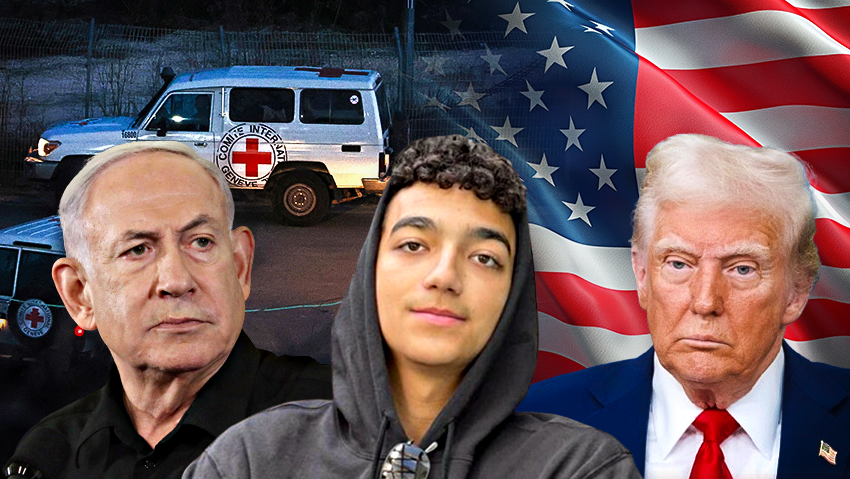It grants the terror group a renewed opportunity to engage the U.S. directly—without Israeli mediation—giving it both legitimacy and greater leverage to manipulate Washington, even at Israel's expense.
Signs suggest that the U.S., with Hamas’ tentative consent, intends for Alexander’s release to serve as a breakthrough moment—paving the way for renewed negotiations on the “Witkoff framework” and, ultimately, a comprehensive agreement involving the release of all hostages in exchange for a long-term, stable ceasefire that would end the war.
If this sequence holds, then Washington’s bypassing of Israel—while diplomatically irregular and potentially damaging to Netanyahu’s international standing—may prove worthwhile. It could render the IDF’s looming military campaign in Gaza unnecessary.
The operation, expected to begin shortly after Trump’s Middle East visit, may offer a chance to decisively defeat Hamas but also carries serious risks for the hostages and Israeli soldiers.
The Israeli public and the Netanyahu government in particular may have to swallow their pride and welcome the American initiative. If it leads to real negotiations and increased pressure on Hamas from mediators, the move may ultimately be a blessing.
Hamas, fearful of the upcoming operation and of losing access to humanitarian aid—now largely controlled through a new mechanism led by the U.S.—could be pushed toward concessions.
Still, the success of the American effort will only become clear in the coming weeks or months, depending on the results of the resumed talks between Israel and Hamas, mediated by Egypt and Qatar and closely monitored by the U.S.
Trump’s Mideast envoy Steve Witkoff and special hostage affairs representative Adam Boehler are currently en route to Israel with Alexander’s family. Witkoff is expected to meet with Netanyahu and other Security Cabinet members to jumpstart negotiations, this time with Israel’s full participation. Boehler will assist.
If these talks eventually secure the release of all hostages, dismantle Hamas’s military capabilities and lead to a new governing authority in Gaza, then Trump’s decision to pursue Alexander’s release outside Israeli channels may mark the beginning of a highly positive shift—even from the Netanyahu government’s perspective.
However, if Hamas sees this as a green light from Washington to stall or manipulate the deal—hiding prisoners or demanding excessive concessions—while retaining its power behind the scenes, then this American move will be remembered as a historic blunder.
In any case, it’s too early for either despair or celebration. The reality is that the Americans stepped in at a time when Israel’s current government—due to internal political constraints and coalition dynamics—was unable to act outside of military force. Even the oversight of humanitarian aid distribution, to prevent Hamas from stealing it, has now been assumed by the U.S.
Ironically, this round of negotiations may offer Netanyahu political cover: he could argue to far-right coalition partners Bezalel Smotrich and Itamar Ben-Gvir that it wasn’t his government that made the concessions—it was the Americans who forced his hand.
For now, it’s premature to condemn or celebrate the surprising and somewhat humiliating American initiative. Or, as Trump often says: “We shall see what will happen.”



